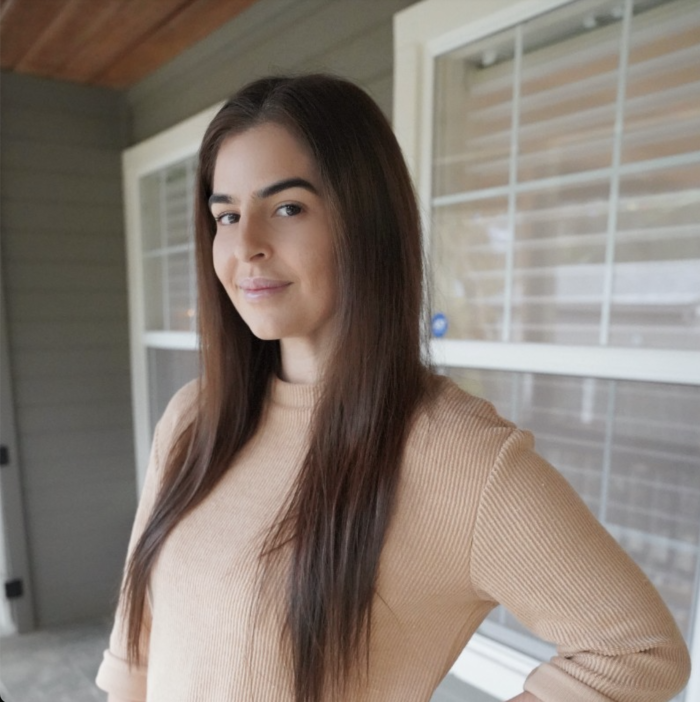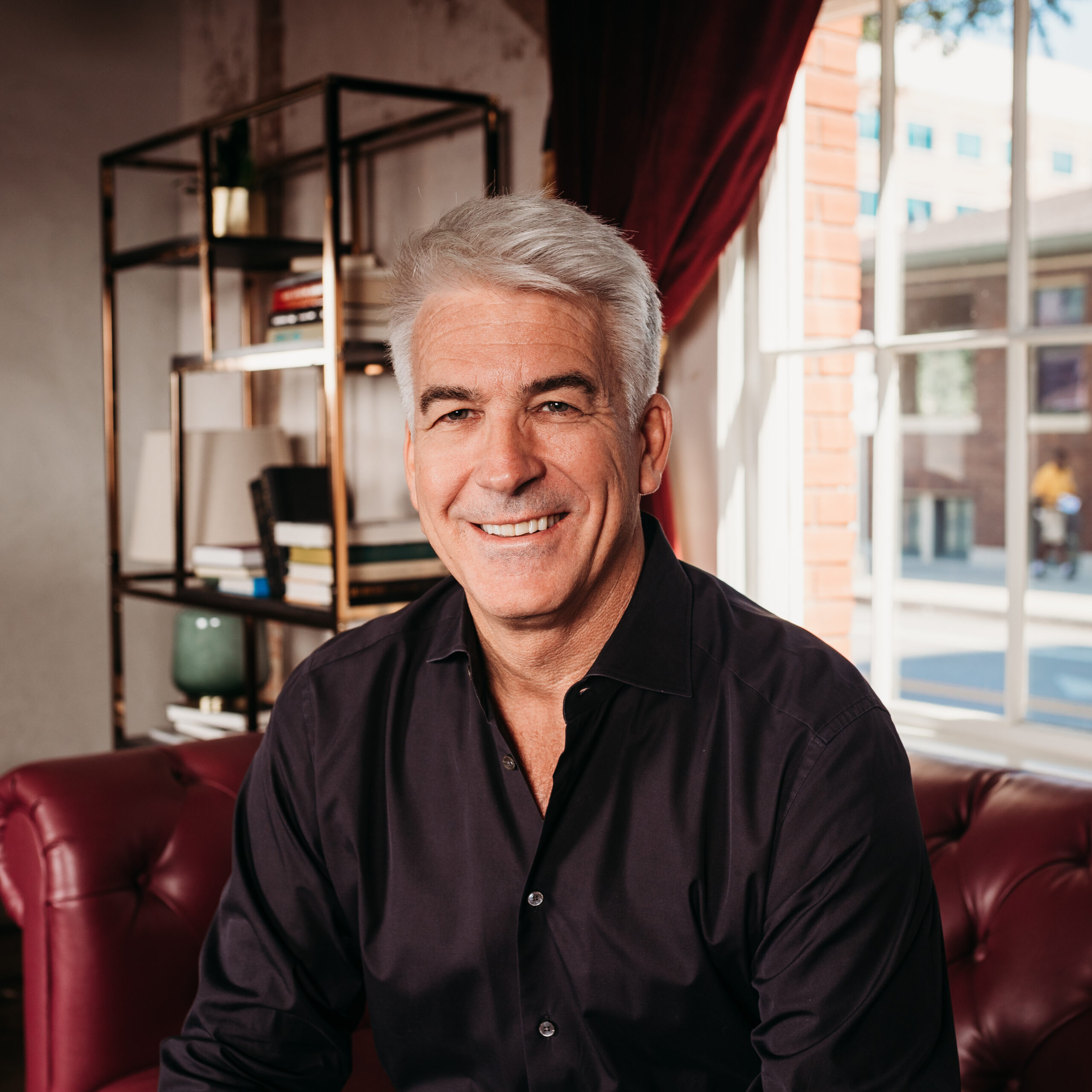The Future of Influencer Marketing

[Header image credit: Canva]
This much is certain: 2023 will bring changes to the ever-evolving landscape of influencer marketing. Our experts from the TMA Celebrity & Influencer team are here to keep you ahead of the curve.
WHAT ARE THE TOP INFLUENCER MARKETING TRENDS THAT BRANDS SHOULD CONSIDER IN 2023?

Emily Dao | Assistant Manager, C&I
Most platforms have already begun prioritizing short-form vertical video content on their platforms, such as Instagram Reels and YouTube Shorts. However, we may begin to see an uptick in longer form video content across the board as platforms compete for audience retention and app usage. What does this mean for brands? From an influencer marketing perspective, unless there has been a long-term established relationship with talent, it is best to stick to short-form videos as those generally yield a higher completion rate. Another trend that will continue to grow is brands engaging with creators on platforms, especially TikTok. Audiences LOVE when brands are commenting on videos, and creators are equally as happy when they receive support from a brand they love. Many times, it could lead to an authentic collaboration and results in even more positive sentiment from the audience.

Angelo Jost | Manager, C&I
YouTube Shorts will grow a substantial share of the market of short-form content in 2023, and brands should begin to shift their social and digital budgets accordingly to take advantage of this trend. YouTube is changing their algorithms and the results have been two-fold. First, traditional YouTubers are seeing significant follower growth attributed directly from Shorts, rewarding creators by boosting their subscriber base to build fandom through their usual long-form content. Second, a vertical of dedicated Shorts creators are beginning to emerge that are using YouTube Shorts as an alternative white space to create and be discovered. The same way in which the earliest TikTokers grew to stardom. While YouTube develops its Shorts ad products in 2023, brands will finally be able to scale branded influencer content on YouTube without having to pay premiums for dedicated long-form videos (which creators notoriously prefer to avoid), or paying for integrations with lower viewership and little control of placement.

Caroline Welch | Manager, C&I
Trust creators to know their audience! It may seem obvious, but during the campaign planning phase, it can be easy to get caught up on minute creative details and forget to ask the influencer partner for feedback of what would work best for their specific channels. Go into the briefing process with a fluid concept and open mind for their ideas. Strategically selecting influencer partners who not only align with the campaign KPIs, but also with a brand’s overall messaging and core values, will be the best way to set the campaign up for success and also set the stage for an authentic long-term partnership that is mutually beneficial.

Becca Atkins | Director, Connections Strategy
Culture used to be loosely shared by all, but today’s consumer landscape is made up of individual and overlapping sub-communities that connect and contribute to diverse subcultures. This has always existed to some extent but is now amplified through well designed algorithms that provide endless connection to hyper-relevant and personalized content. TikTok is a clear example of this — forcing brands to understand and communicate contextually to audiences through the lens of community culture and mindset. Because of this increased need to show up as real and relevant to various groups, I suspect brands will lean more heavily on influencers, content creators, and brand advocates to reach these subgroups more authentically across platforms. Instead of a “one-and-done” approach, these will be long-term collaborations that serve as a connecting point to specific communities.

Nataja Lutkenhouse | Director, C&I
We’ve seen a continual increase in the desire for authenticity from influencers across social. Many social media users, particularly Gen Z-ers, see curated posts as “highlight reels” and are hungry for more of the “B-roll.” This is likely why we’ve seen a drop in engagement on standalone Instagram photos and an increase in engagement on IG Reels, Stories, and TikToks. Particularly TikTok, which has become a priority platform for audiences as well as brands. On TikTok, anyone can go viral if their content is good enough –– and being authentic, relatable, and real is what helps creators amass large followings on the platform. In 2022 we also saw BeReal, a platform focused solely on posting an unedited photo from your day, boom with popularity and now have over 21.6M+ active users. Authenticity is a trend brands should continue to watch and lean into. While creative guardrails with branded content is necessary, influencers know their audiences and their style best. Working with them in a collaborative manner so that content can showcase the brand in a way that feels natural to them and their audiences will move the needle much more than dictating exactly how content should look and feel on the influencer’s channel.
TMA is the leading brand-side agency for the procurement of influencers, celebrities, music and IP licensing. We are talent-agnostic, strictly representing the interests of brands and/or fellow agencies.


